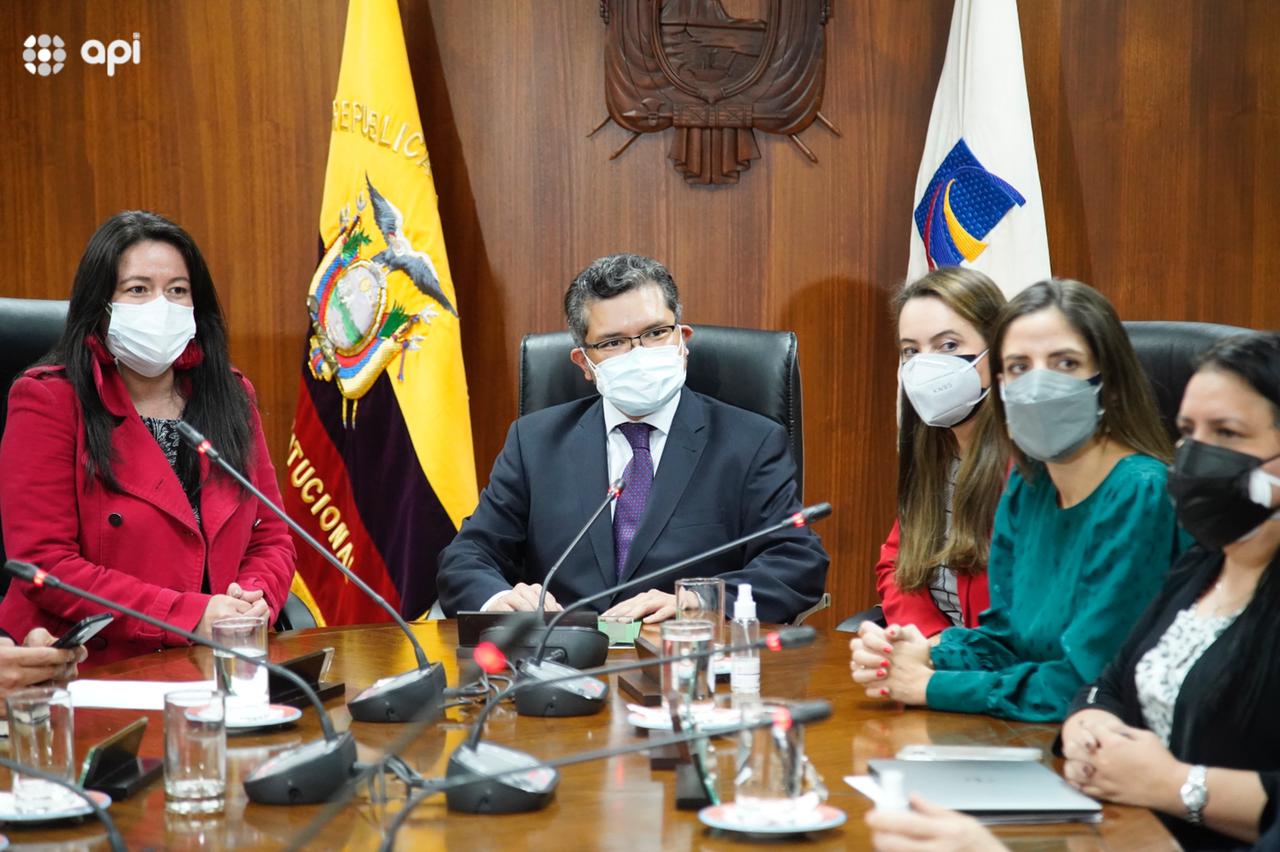The National Council for Economic and Social Policy (Conpes) is an autonomous body that was created in 1958. For more than 60 years, it has been the highest national authority for planning and policies at the national leveland since 1968, the National Planning Department (DNP) performs the functions of technical secretariat of Conpes.
(The main challenges of the DNP to combat poverty in 2022).
Although during its early years, between the 1960s and 1970s, the agency approved an average of 100 documents per year, it has recently reduced the number of Annual conpes at an average of 40. Even so far this government period, 126 have been approved.
This, according to several officials who have been part of the DNP, is due not only to a change in functions, but also to a more rigorous methodology.
Luis Fernando Mejía, who was the director of National Planning between 2017 and 2018, but had been part of the entity since 2014 as sector deputy director, highlighted how, upon his arrival, a long-term statistical review of the number of approved Conpes documents was carried out.
(National Development Plan registers a progress of 70% compliance).
“It was a surprise when we saw that, unlike what politicians said that “a Conpes is not denied to anyone”, the figures actually showed exactly the opposite. In the 60s or 70s we saw some very high peaks that began to gradually decrease. That turned out to be an urban myth,” he assured.
Mejía stressed that the process of the organism has also been improved thanks to the CisConpesa monitoring tool that has been implemented in recent years and that allows these documents to not only be an action plan, but also includes goals, responsible parties and a monitoring method.
The former director of the DNP, Daniel Gómez, who was in the role until a few weeks ago, mentioned that over the years functions have been added to Conpes.
“In addition to the policy documents, it has also issued the declarations of strategic importance since 2003, and these documents allow future validity to be assigned and guarantee their financing beyond a government period”Gomez said.
According to the former deputy director, the number of documents has fallen for various reasons. “When this institutionality was created, things like speeches by the president or the director of the DNP were published as Conpes documents. It has evolved, but also since 2015 there is a much better methodology that allows us to see what to get for Conpes and what not”.
(Colombia’s efforts to reduce hunger in the country).
Another former director of National Planning, Esteban Piedrahita, stressed that “the mechanism and the process are absolutely valuable,” given that Conpes is “a technical space for the articulation of different areas and sometimes levels of the State”. Piedrahita mentioned how there are many State policies or initiatives that are transversal, “and through this process, beyond a document or body, it allows them to negotiate and reach agreements.”
CURRENT CONPES
In 2021, 48 documents were approved, and for this year several policies are being prioritized that, according to the director of the DNP, Alejandra Botero, “present the greatest progress.” There is the Mojana Project, the co-financing strategy for cadastral updating, the internationalization and energy transition policy; efficiency of public spending, gender equity and the infrastructure project of Calle 13.
LAURA LUCIA BECERRA ELEJALD
BRIEFCASE








